
Chronic postoperative pain might occur for several different reasons. If an individual suffers from anxiety or depression, pre-operative pain, is afraid of undergoing the operation or has a history of chronic pain disorders, then he or she is likely to be more susceptible to chronic postoperative pain.
The pain itself might be caused by inflammation of the site of the wound, or, during surgery, peripheral nerve damage or damage to bodily tissues might have occurred. As for how the problem will manifest itself, one might experience back, pelvic, post-mastectomy or phantom limb pain. If you have undergone a hernia repair, this can also cause chronic postoperative pain.
Treatment
There are several different types of medication that can help combat chronic postoperative pain. Anti-inflammatory drugs like Aspirin or ibuprofen can help counter mild postoperative pain, as can acetaminophen. Both of these types of medication can be combined with others. In addition to these drugs, opioids, anticonvulsants and nerve blocks can all be used to help resolve the pain. Nerve Blocks are generally only used in severe cases. Treatments are often combined in order to boost the healing process and, if you have chronic postoperative pain, you will more than likely be prescribed several different kinds of painkiller.
Chronic postoperative pain is not necessarily a sign of the failure of the surgery. With some kinds of surgery, postoperative pain is unavoidable, particularly with regard to nerve and tissue damage. Postoperative pain can lead to depression as a result of a belief that surgery would have led to a total resolution of the pain. If you are struggling with postoperative pain, here are some tips to keep you going.
First of all, try to relax. Stress can increase pain. Secondly, try to distract yourself as much as possible. If your mind is focused elsewhere, you may ‘forget’ about the pain, thus decreasing the sensation. Thirdly, find support: talk to someone about your pain. If necessary, keep a diary recording your pain patterns. This might help a doctor with regard to your treatment.
- www.cdc.gov/mmwr/volumes/65/rr/rr6501e1.htm
- www.who.int/surgery/publications/Postoppain.pdf
- Photo courtesy of Marius Kallhardt by Flickr: www.flickr.com/photos/fihu/228383850/


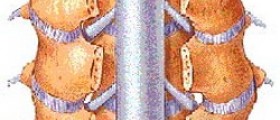

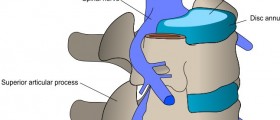




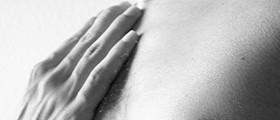

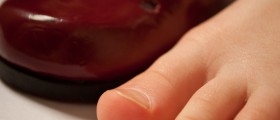
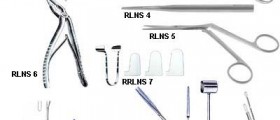


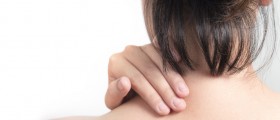

Your thoughts on this
Loading...